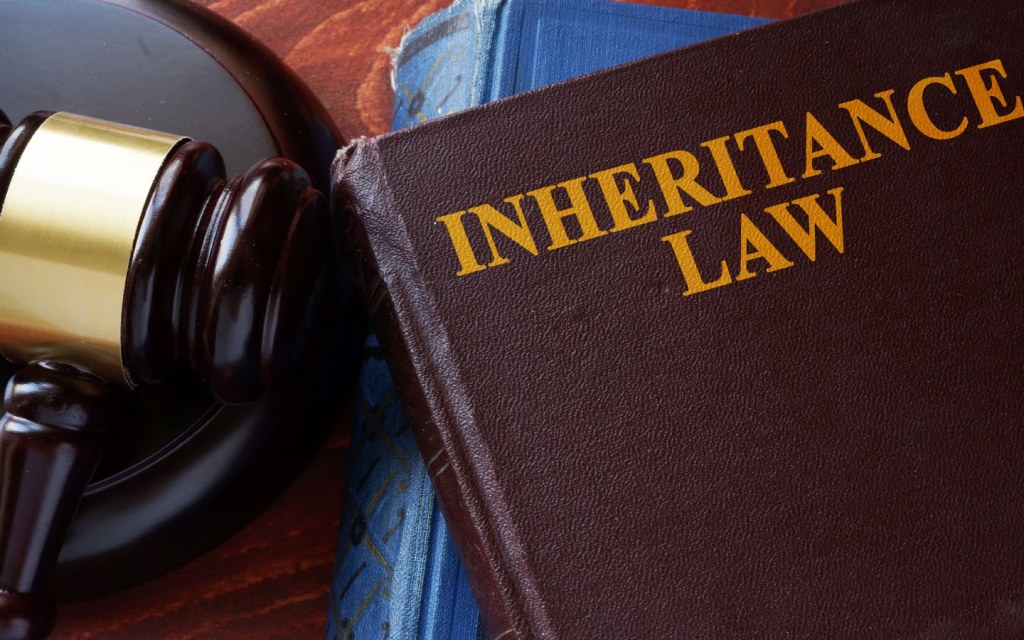As the United Arab Emirates (UAE) is a Muslim country, it has expatriates from all over the world, some even non-Muslims. However, the UAE tries to keep everyone’s rights safe. Therefore, the judicial system of the UAE is based on Islamic and civil laws. Non-Muslims are catered to according to their country’s laws. Dubai is one of the most populated emirates as people find lucrative opportunities for business investment.
Inheritance Department for Non-Muslims
Under family laws, non-Muslims are also considered in the UAE courts. To cater for the non-Muslims in the UAE and resolve their family property disputes, Dubai courts have introduced a department of inheritance for the non-Muslims. The new department was required to register wills and ensure that assets were distributed according to the deceased’s wishes to avoid any kind of family conflict. Dubai lawyers are professionals of law for such subjects.
The Need for Inheritance Department
The Dubai Courts took a remarkable initiative for non-Muslims as it showed commitment to a diverse population. However, the decision of the inheritance department for non-Muslims also reflects that the UAE can meet the needs of the different communities and aspire to become a safe country for everyone. However, under the Civil Personal Status Law for Non-Muslims, the new department offers a better method for estate distribution for Non-Muslim residents who may or may not have a Will.
How Does the Inheritance Department Work in Dubai?
It has become easier for the non-Muslims to inherit the property within a few days. However, the applicant must provide documents that show the proof of inheritance. Different scenarios will demand different documents.
Scenarios to Verify Documents
First Scenario
To begin with the documentation, the Will of the deceased shall be presented. It will have the names and the proportion that the heirs will get. With all those documents, there will be an inventory list that shows what exactly things could be inherited.
Second Scenario
Another scenario involves the petitioner. They have to provide a certified document in the court that will attest to the existence of the inheritance document, the will of the deceased.
Third Scenario
There could be another scenario where the court has to establish the death of the decedent and the names of the heirs if none of the documents from the above scenarios are available. However, the case can only be opened if the document has been attested by the UAE Embassy in the home country or the Ministry of Foreign Affairs if it is made outside the UAE.
Fourth Scenario
The fourth scenario is where the inheritance file is based on a will, but it is not authorised by the UAE courts. There is a certified copy of the law that rules the will. The legal administrator has to ensure things are handled at the forefront. It involved the necessary paperwork, court costs were covered, the next hearing date was finalized and everyone involved was informed about the whole scenario.
Is the Department of Non-Muslim Inheritance Helpful?
The Department of non-Muslim Inheritance aims to get inheritance within a single session. In that one session, the application opens, a will is presented and the decision is accepted by everyone. The additional information can be accessed through the ‘Wayak’ system which means it will need the approval of the court’s president.
Success Rate of Inheritance Files
There are situations when the court does not need the validity of inheritance files, especially when the will is authenticated by the Dubai International Financial Centre (DIFC). Even the affidavit with the name of the heirs and their location could be insufficient to identify them. Therefore, the applicants are allowed to submit a request to the president of the court through the WAYAK system.
The Dubai Courts would advise all residents to have their Emirates ID for smooth communication in the legal proceedings. If you have been living in the UAE for years, you will have an identity card known as Emirates ID. Therefore, do not worry about legal proceedings.

